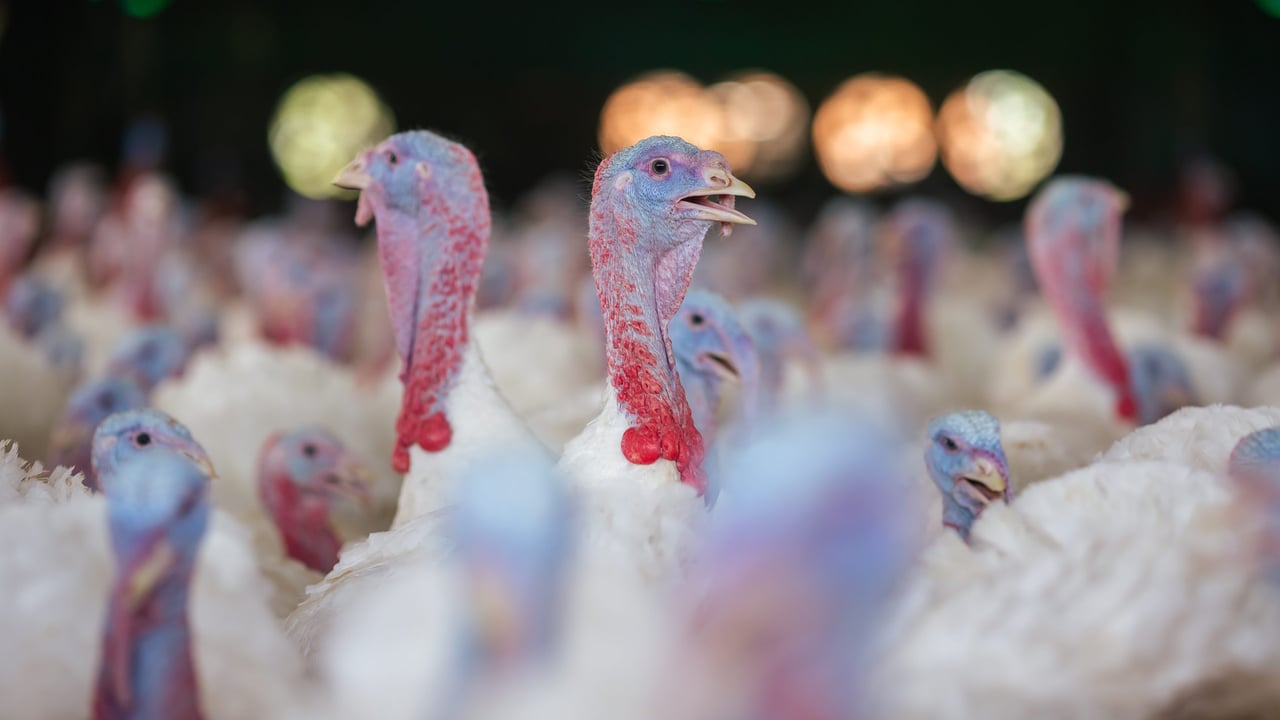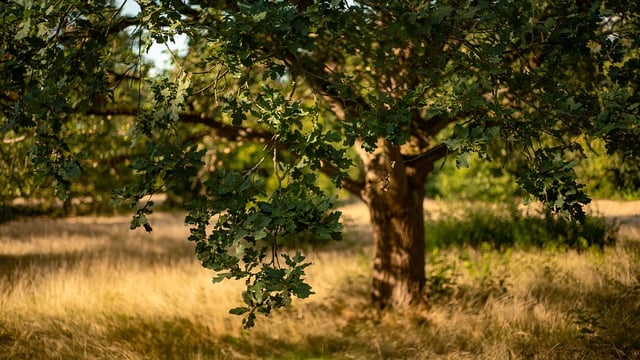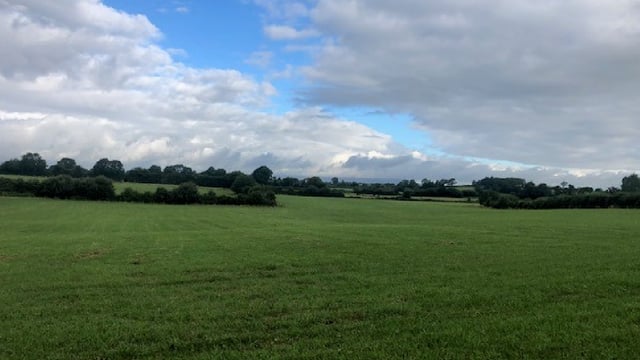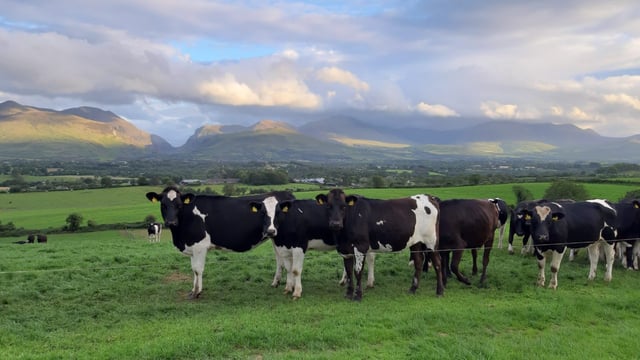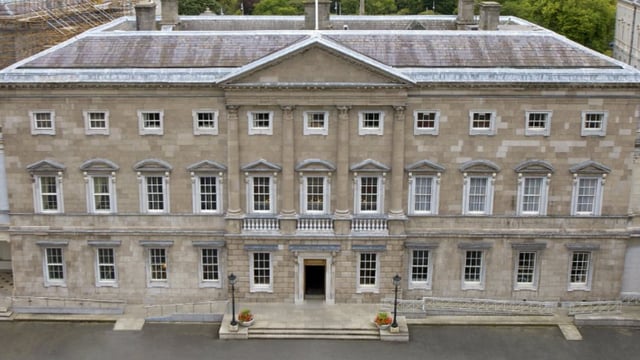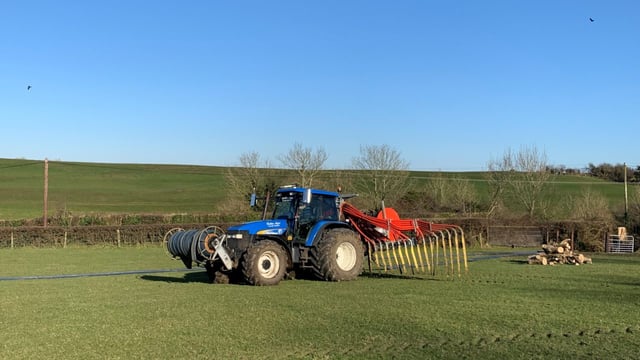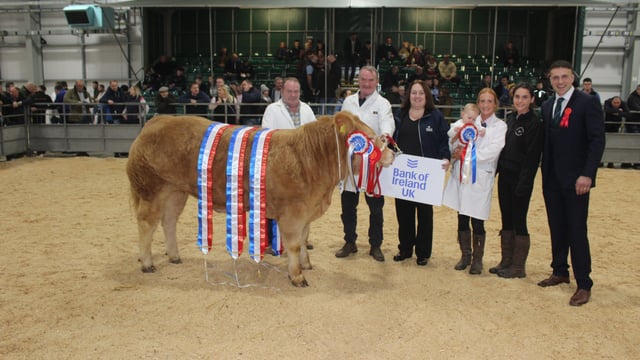DAFM: 80,000 turkeys culled on commercial premises in Ireland
The four outbreaks of highly pathogenic avian influenza (bird flu) has led to 80,000 turkeys having to be culled on commerical premises according to the Department of Agriculture, Food and the Marine (DAFM).
There are currently four restriction zones in place as a result of four confirmed outbreaks of bird flu in Co. Laois on November 21, Co. Monaghan on November 10, Co. Meath on November 5 and in Co. Carlow on November 4.
From November 10 an order has been in place for all poultry and captive birds to "be confined in a secure building to which wild birds cannot gain access".
According to DAFM flock owners must make all reasonable efforts "to house the birds, but for legitimate reasons where the welfare of certain types of birds can be influenced by prolonged housing, certain exemptions are in place".
It has advised that "wild bird faecal contamination" is currently the major source of bird flu virus for poultry and captive birds in Ireland.
DAFM
The deparatment has warned that the risk of occurrence of further HPAI bird flu outbreaks in poultry flocks in Ireland is "currently high".
"Continued colder temperatures and shorter daylight hours at this time of year facilitate survival of the virus in the environment.
"The geographical spread of confirmed cases of HPAI H5N1 in wild birds across Ireland indicates widespread circulation of the virus in wild bird populations, and a consequent increased risk of an incursion of disease into Irish poultry or captive birds," DAFM has stated.
It has confirmed that the bird flu regulations and the order to keep birds housed, will be in place until further notice.
DAFM stated: "The decision as to when to remove these requirements will be made based on the prevailing epidemiological situation and will be kept under continual review with several factors including numbers of wild bird positive cases, average daytime temperatures and daylight hours taken into account".

